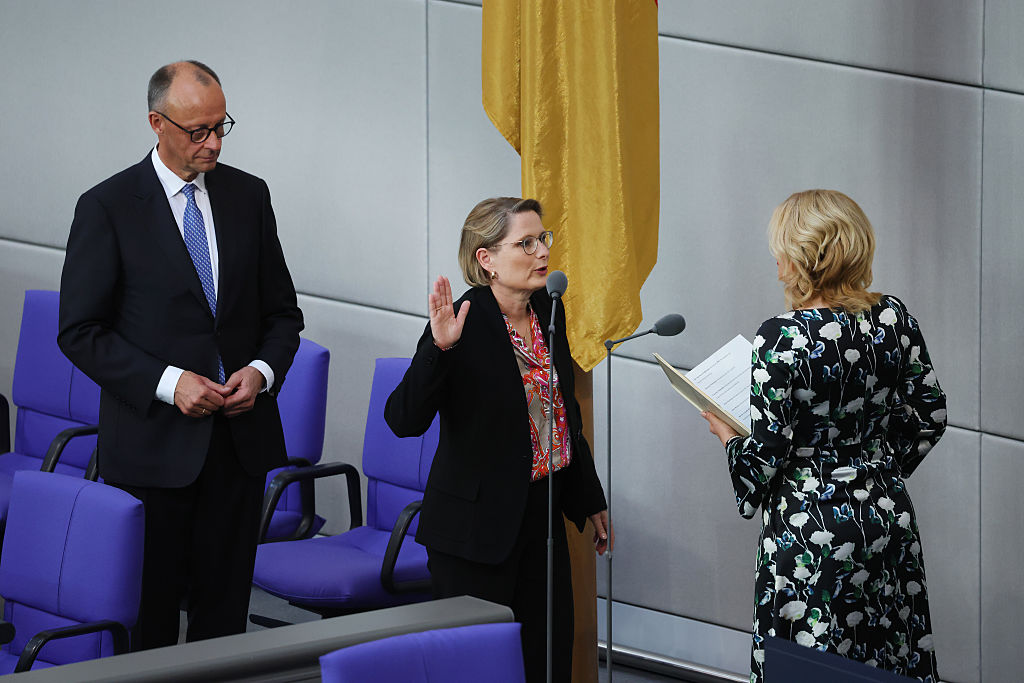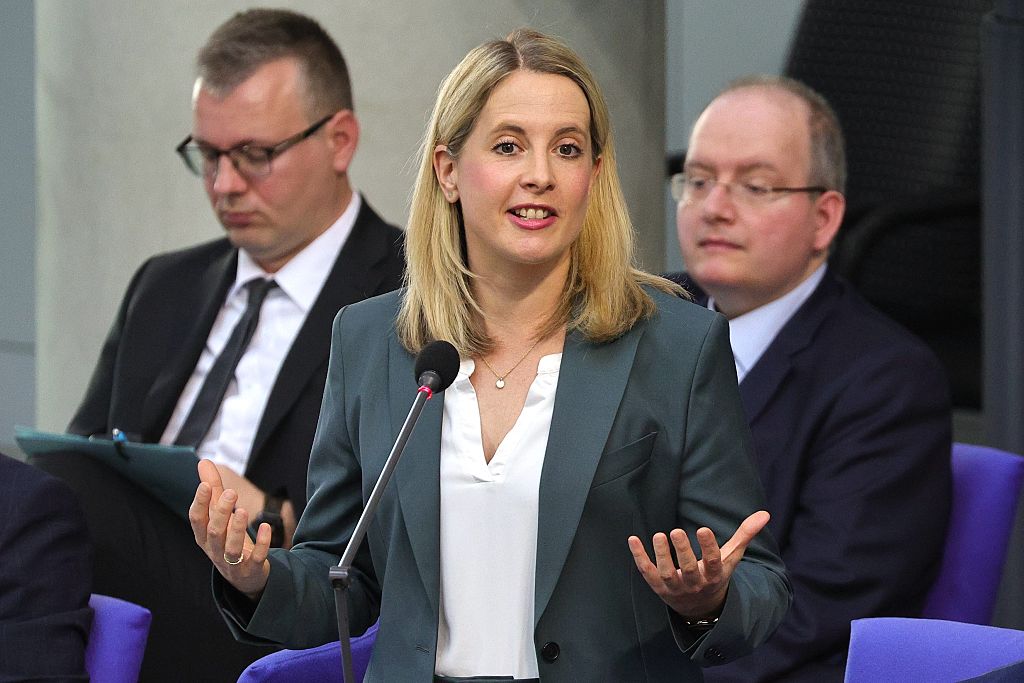In its new economic outlook, the Organisation for Economic Co-operation and Development (OECD), an international NGO comprising 38 primarily Western countries, has exhibited what the German press has called “surprising” optimism about Germany.
They indicated in the report published on June 3 that the country may be on the way out of its longest phase of economic stagnation since the end of the Second World War.
While Germany’s GDP, a measure of a country’s economy, was set to grow only by 0.4 per cent in 2025, that should pick up in 2026, with the OECD expecting GDP to expand by 1.2 per cent.
While that may seem a low number, it symbolised a stark improvement compared to the recession years of 2023 (minus 0.3 per cent) and 2024 (minus 0.2 per cent).
The low but positive expected economic growth for 2025 was also a change for the better from previous estimates. In January 2025, German think-tank HRI was still expecting a third year of recession, with GDP shrinking by 0.1 per cent this year.
By comparison, the eurozone as a whole was not set to grow much more strongly, the OECD said, indicating a minor improvement to 1.0 per cent in 2025 and 1.2 per cent in 2026.
Germany’s economic recovery,, though, might also drive up growth in the rest of Europe, as the OECD report authors wrote: “The introduction of US import tariffs and greater trade policy uncertainty will also weigh on Europe, but a pick-up in domestic growth in Germany in 2026 should fuel a recovery in intra-EU trade.”
The main reason for the positive review for Germany was based on the investment programmes of the new federal government, comprised of Conservative Christian Democratic Union (CDU) and Social Democratic Party (SPD).
Germany has inaugurated a public fund set to invest €500 billion over the next 12 years into the country’s corroded infrastructure as well as “climate protection”.
At least €100 billion of the funds’ reserves have been set aside for local public investments. Furthermore, Germany has announced plans to invest around €80 billion into improving its defence capabilities from 2028 onwards.
To finance this boost in public spending, Germany greatly relaxed its strict fiscal deficit rules, the so-called “debt-brake”, in March 2025.
“Germany’s reform of its fiscal rules and planned increase in defence and infrastructure spending are assumed to result in a sizeable stimulus in 2026, and much stronger public investment,” the OECD researchers wrote.
Another beneficial factor for Germany’s economic growth was the decline in inflation rates. While it was still dangerously high in many other European countries including the UK and Austria, German inflation rates have come down to 2.1 per cent in April and May 2025, just above the 2 per cent target of the European Central Bank (ECB).
This should fire up private households’ propensity to spend money on consumption, according to the OECD economists: “Private consumption will increase due to low inflation, rising nominal wages and decreasing domestic policy uncertainty following the formation of a new government,” their report stated.
Despite that, they also issued a warning for the new government of Chancellor Friedrich Merz as public spending and lower inflation alone would not be sufficient to stimulate economic growth sustainably.
In addition, the researchers urged Germany to spur structural reforms and reduce the tax burden on labour.
The authors also note that Germany’s crippling electricity prices – among the highest of the Euro zone – were weighing heavily on the manufacturing sector.





